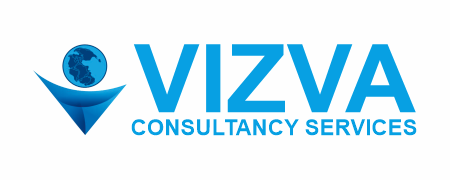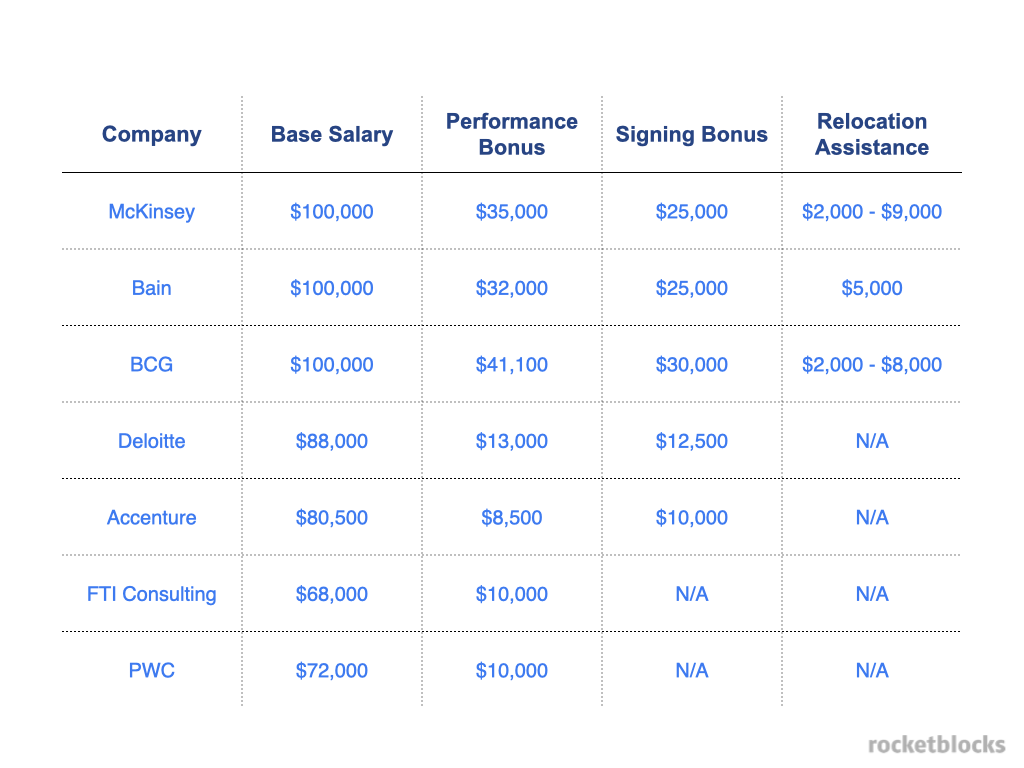
Nonprofit is a special type of business that does not profit but focuses on the public interest. Nonprofits are exempt from income taxes, unlike for-profit companies. This allows them to focus on their mission and gives their employees the opportunity to feel great about their work.
These organizations can thrive with the right IT support. This will allow them to increase their efficiency, improve their mission impact, and enhance their competitiveness. Many nonprofits struggle to manage their IT. Nonprofits can be frustrated by unoptimized technology systems, regardless of whether they have limited budgets or lack of expertise.
It is essential that you find an IT partner who understands nonprofits' unique needs. An IT support provider with experience in this area can ensure your technology systems run at their best.
IT Security for Nonprofits. Safeguard your Contributor and Donor data
Nonprofits face one of the greatest challenges: maintaining data security. With the ever-increasing number of hackers in the world, it's crucial to invest in solutions that can protect your data. This includes multifactor authentication and phishing training.

It is vital to have a competent IT services team. This will help protect your reputation and make sure your donors and contributors feel comfortable with you handling their personal data. A team that can find vulnerabilities in your IT infrastructure and offer solutions to protect your data is critical.
A team that can handle emergency IT problems quickly is also necessary. A team that is available 24/7 to assist in an emergency can save your organization the cost of additional staff. They can also help your company get back up and running as soon as possible after an issue arises.
IT support is essential for nonprofits. IT support can make your nonprofit more productive, reduce costs, increase donor and contributor security, and improve its productivity.
Your IT support staff should be able provide IT services for all employees, including mobile devices. This is particularly helpful if your staff works from home or other remote locations. The IT support team you choose should be able access your office any time of the day, even during weekends.
You'll need a managed backup solution for your nonprofit, especially if your business relies on sensitive customer and donor data. This will allow you to recover your data quickly so that you are back up and running again.

Nonprofits are an integral part of society and must be considered. As with any business, they can be susceptible to hackers or data breaches. This is why it's important to have a trusted IT support staff for your nonprofit who will do everything possible to protect your information.
EasyIT's IT department has been a leader in providing excellent IT support for non-profits ever since 1998. And we would love to help your organization too. Reach out to us today to schedule a consultation and learn how EasyIT can help make your nonprofit’s IT run smoothly.
FAQ
Who hires consultants
Many companies hire consultants to help with their projects. These consultants can be found in small and large businesses as well as government agencies, universities, educational institutions, non-profits, and education institutions.
These consultants may work directly for the organization, or freelance. In both cases, the process for hiring depends on how complex and large the project is.
Before you can hire a consultant, there will be several rounds of interviews.
What happens when the consultant finishes his job?
After the consultant finishes the work, s/he will send a final report outlining the results. This report contains all relevant information, such as project timelines and deliverables.
You will then review the report to determine if the consultant fulfilled your expectations. If it does not, you can ask for changes or terminate the contract.
What is the difference?
A consultant provides advice on a topic. Consultants offer solutions to problems.
Consultants work directly for clients to help achieve their goals. Advisors advise clients indirectly via books, magazines, lectures and seminars, etc.
Statistics
- WHY choose me: Why your ideal client should choose you (ex: 10 years of experience and 6-week program has helped over 20 clients boost their sales by an average of 33% in 6 months). (consultingsuccess.com)
- According to statistics from the ONS, the UK has around 300,000 consultants, of which around 63,000 professionals work as management consultants. (consultancy.uk)
- So, if you help your clients increase their sales by 33%, then use a word like “revolution” instead of “increase.” (consultingsuccess.com)
- Over 50% of consultants get their first consulting client through a referral from their network. (consultingsuccess.com)
- "From there, I told them my rates were going up 25%, this is the new hourly rate, and every single one of them said 'done, fine.' (nerdwallet.com)
External Links
How To
What is a typical day for a consultant?
Depending on what type of work you do, your typical day may vary. You'll spend your time researching new ideas and meeting clients.
You'll often have meetings with clients where you can discuss issues and solve problems. These meetings can take place over the phone, via email, online, or face to face.
Sometimes, you may be asked to create proposals. These are documents that outline your ideas and plans for clients. Before presenting these proposals to clients, you will usually need to discuss them with a colleague or mentor.
After all the preparation and planning, it's time to actually create some content. You could write articles, design websites, edit photos or conduct interviews.
It depends on the project's scope, you might need to do some research to collect relevant statistics. It may be necessary to know how many customers are currently using your products or services.
Once you have enough information, it is time to present your findings and conclusions to clients. You can present your findings verbally or in writing.
After the initial consultation, it is important to follow up with clients. You might contact them regularly to check on their progress or send them emails to confirm they have received your proposal.
Although this process can take time, it is important to stay focused and build good relationships with your clients.